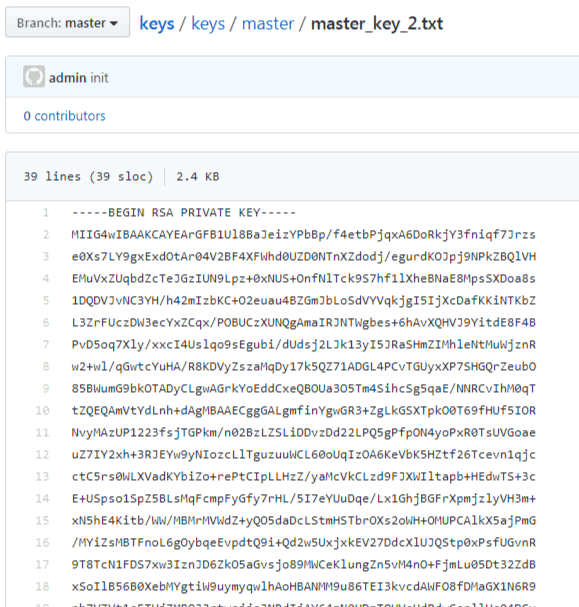Shade ransomware first spotted in late 2014, also known as Troldesh or Encoder.858. The ransomware distributed specifically through malicious email attachments.
The origin of the ransomware believed to be from Russia, the ransom notes found to be written in both Russian and English.
The threat actors behind the ransomware strain continue to enhance their capabilities. The following are the top industries targeted that include High-Tech, Wholesale, and Education.
Researchers believe the ransomware is possibly targeting more English-speaking users, once the files encrypted it appends [.crypted000007] extension at the end.
In the late 2019 Shade ransomware operators have stopped distribution of the ransomware.
Shade Ransomware Shutdown
The operators behind the Shade ransomware announced the shutdown of the ransomware now and they also published all the decryption keys.
Along with decryption keys they also publish decryption software to helps users to decrypt the encrypted files.
“All other data related to our activity (including the source codes of the trojan) was irrevocably destroyed. We apologize to all the victims of the trojan and hope that the keys we published will help them to recover their data,” reads the GitHub post published.
“We also hope that having the keys, antivirus companies will issue their own more user-friendly decryption tools.”
Also, the Shade ransomware operators believe the published keys will help the victims of the ransomware to decrypt the files and recover their data.

The ransomware operators also published detailed instructions on how to decrypt the files.
Kaspersky Lab’s Sergey Golovanov said that the key is working and the decryption tools will be available soon.
You can also read the complete ransomware mitigation checklist



.png
)
 (@k1k_)
(@k1k_) 